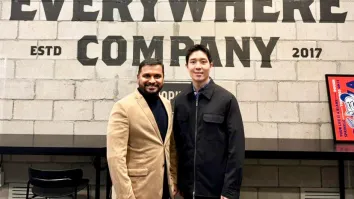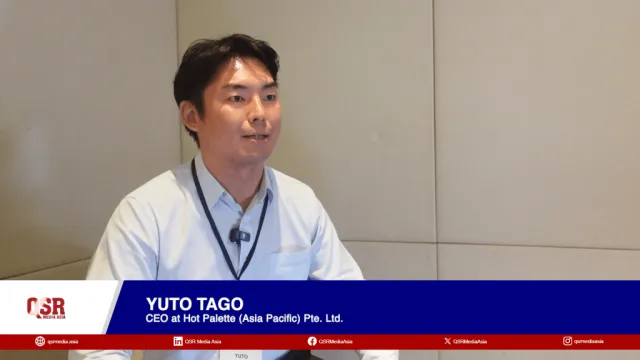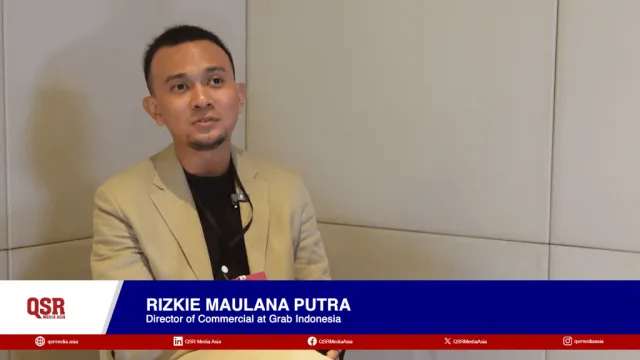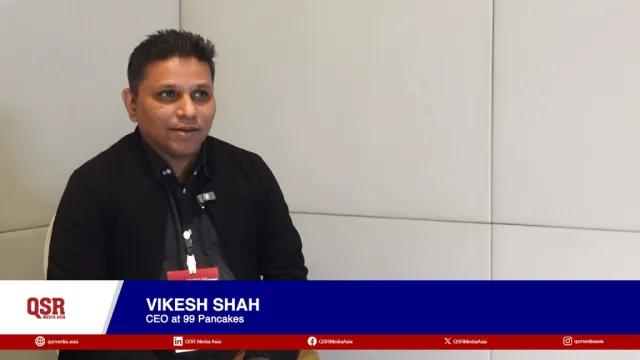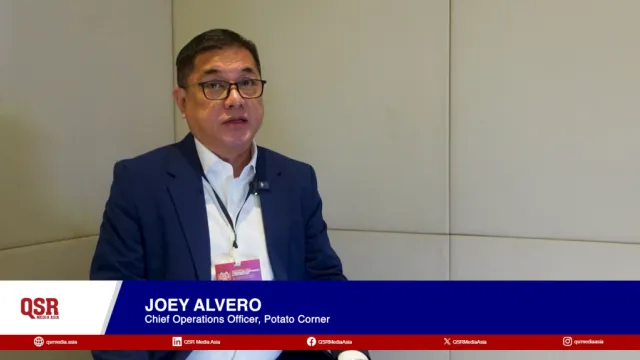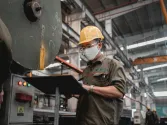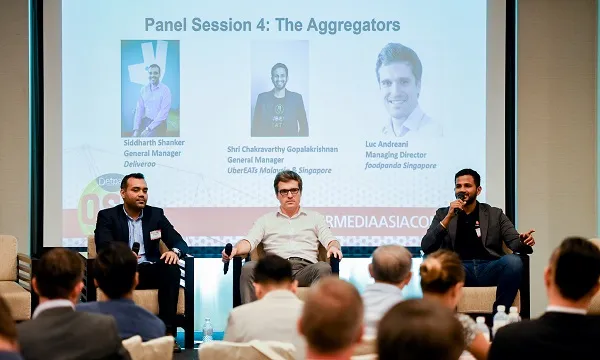
QSRs need to absorb more of the delivery fee, argue delivery firms
Food chain operators and delivery heavyweights clashed over delivery fees as each side blamed the other for lack of profitability.
In a session that bought all three aggregators – Deliveroo, Foodpanda and UberEats - together for the first time on a panel, the first question to the aggregators was why they didn’t simply raise the delivery fee to $6 from the standard $3 that operators like UberEats charge. There was much applause from the audience but little sign of budging from the aggregators who argued that raising the price would have serious detriment on food ordering volume.
“I think customer orders will fall dramatically,” said Deliveroo Singapore general manager Siddharth Shanker. “Singapore is a price sensitive market. We would love to do that assuming volumes remained the same, but volumes will fall massively based on testing we have done. We changed [lowered] the delivery fee and minimum order value last year and we saw how dramatic the increase was. So you could take a similar elasticity on the other side. This should be a high volume low margin business and that’s how we should get massive profitability vs. making a lot of profit per order. If we could crack how to increase the deliver fee without volumes falling through the floor, we would be happy to do that. But I think we want to make delivery an everyday choice. You can go to the food court and get food for $5 so why would you pay $6 for the delivery fee? To be honest $3.50 is already quite expensive.”
Foodpanda Singapore managing director Luc Andreani told the audience that in Thailand, Foodpanda is discussing with operators who have sufficient margins to absorb parts of the remaining delivery fee to increase their volume. “Some of the brands are willing to absorb the cost Foodpanda passes through to customers, reduce the customers’ delivery fee, but massively increase their orders. There are a lot of fixed costs you have that don’t change if you join a food delivery programme, and most of the time these food orders are incremental. So the way to think is at the volume of incremental margin you are making and not the cost per order,” he said.
“And we see it – all us delivery guys – orders go through the roof when you lower the delivery fee. And that’s the the strategy we should follow: volume, volume, volume. Cost optimisation rather than passing it all to customers and killing the volume”, he added.
UberEATS Singapore & Malaysia GM Shri Chakravarthy Gopalakrishnan said people already feel that food delivery is an expensive option and not something they can choose as an everyday option and as a result you won’t be able to achieve the volume to make this business work.
The issue of commission between operators and aggregators has been largely discussed because none of them admitted to profit more from the business.
Andreani said the commission that Foodpanda takes from vendors is pressured down from the intense competition. Since they are discussing with the same players, the commission that aggregators create from their brand partners is regularly pressured down. Also, the presence of many players is creating a massive inflation. “To make this work, we need to find the right levels that will make sense for the operators. We should still makes incremental, absolute value commission. The customers need to pay for their commodities as well.”
Distinction in the quality of execution
When the issue of differentiation was raised in the panel discussion, Foodpanda Singapore managing director Luc Andreani said, “Fundamentally, we have the same business model. We do the same thing with food delivery, we try to have as high as relevance in offerings as possible, and make the process as fast as possible. That's how we differentiate ourselves from others. In the basis of what the business is, it would be a mistake to try and differentiate the brand by launching side businesses with completely different radicals. Fundamentally, we have to keep in mind the core of what we want - fast and reliable delivery, as well as the largest and most relevant offerings for customers.”
With the Singapore market, Deliveroo’s Siddharth Shanker said they are considerably far from meeting all the customer requirements. “If the ambition is to get people to order regularly multiple times a day, we are really far from realising that. As a company, we have to make a lot of changes, work with our restaurant partners, and look at technology a lot more closely.”
UberEATs’ Shri Chakravarthy Gopalakrishnan said the segmentation of aggregators is an interesting challenge to solve. “There’s a lot of space for aggregators to coexist mutually. Delivery times, great selection of food, speed and delivery, and customer support – there are still several issues to be solved and there's so much space to occupy.
Deliveroo’s Shanker added that the differentiation comes from the choices consumers decide – widely impacted by the services, technology, and efficiency provided by aggregators. The service should be a seamless experience but to make that possible, an operator must have an army of tech people.
Room for new entrants
Barrier to entry continues to be relatively low as consumers put pressure on the variety of economic factors in the market in the short term.
Foodpanda said the pie is growing in food delivery but there are still spaces for new entrants. “We're getting close to that stage but none of us has fully reached that yet. New players can easily enter, but to make the process sustainable in this market, it’s not going to be easy.”
According to Andreani, the possibility that Grab or Amazon will specifically enter Singapore market is high, but sustainability in the long term would be deemed difficult.
Echoing what Foodpanda said about aggregators operating in the short term, Deliveroo said, "The level of competition in Singapore is unlike the competition with most of the markets. Most of the markets don't have three large players. On average, Singapore commission is actually lower than most countries. In the short term, I don't see that changing massively. What’s going to change is the new efficiency rates. We need the cost to come down and then we need to pass the cost on the respective restaurants and consumers. In the meantime, riders need to earn a fair amount. Technology and efficiency and innovation will drive costs down. One of the simple things is stacking orders, and this has seen a massive reduction of costs. Structurally, something must be done before the cost comes down meaningfully. These things need to be resolved before we can even look at commissions.”
UberEATS’ Shri Chakravarthy Gopalakrishnan said, “Barrier to entry is quite low, but the barrier to scale and profitability and barrier to make this work long term is quite high. The key point of differentiation is we are working in an on-demand business that time and delivery become huge factors.”
Deliveroo’s Shanker said, “What’s going to define what will stay longer on the long term is how you differentiate yourself. To grow a sustainable business, you have to invest massively into technology and efficiency - those need a lot of funding and resources. Not a lot of companies can get all those things right.”
Foodpanda's Andreani said they’re seeing a very mass market brand with the over-indexed Singaporean heartland brands and hawker brands. “Overall, we all are, and still are, over-indexed with QSRs - maybe even more than the whole market. And the independent restaurants are a bit under-indexed. That's something we are adjusting, and we all want an end-to-end hawker centre that caters to all goods.”








